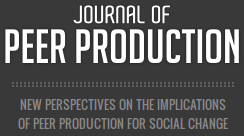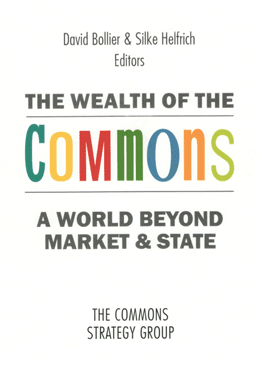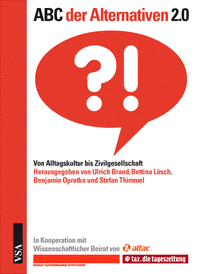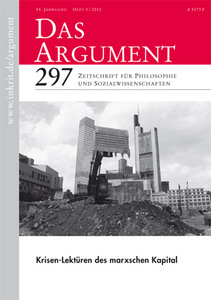![]() [In den letzten Monaten habe ich mit Michael Albert über Peer Produktion und Participatory Economics, kurz Parecon, als Konzepte einer möglichen Produktionsweise von morgen diskutiert. Brigitte Kratzwald hat erfreulicherweise begonnen, die englischsprachige Diskussion in gekürzter Form ins Deutsche zu übertragen und nach und nach in der Contraste zu veröffentlichen. Dieser erste Teil ist in der Märzausgabe erschienen, weitere werden folgen. Die ganze Diskussion auf Englisch ist bei ZNet nachzulesen. Für die Übersetzung herzlichen Dank an Brigitte, die diesen Beitrag auch schon auf ihrem Blog veröffentlicht hat!]
[In den letzten Monaten habe ich mit Michael Albert über Peer Produktion und Participatory Economics, kurz Parecon, als Konzepte einer möglichen Produktionsweise von morgen diskutiert. Brigitte Kratzwald hat erfreulicherweise begonnen, die englischsprachige Diskussion in gekürzter Form ins Deutsche zu übertragen und nach und nach in der Contraste zu veröffentlichen. Dieser erste Teil ist in der Märzausgabe erschienen, weitere werden folgen. Die ganze Diskussion auf Englisch ist bei ZNet nachzulesen. Für die Übersetzung herzlichen Dank an Brigitte, die diesen Beitrag auch schon auf ihrem Blog veröffentlicht hat!]
Michael Albert: Beschreibung von Parecon
Parecon beschreibt Institutionen für eine ökologisch fundierte und klassenlose Wirtschaft, die Solidarität, Gleichheit und Sebstverwaltung stärkt. Dabei sind selbstverwaltete Arbeiter- und Konsumentenräte der zentrale Ort, an dem wirtschaftliche Entscheidungen getroffen werden.




